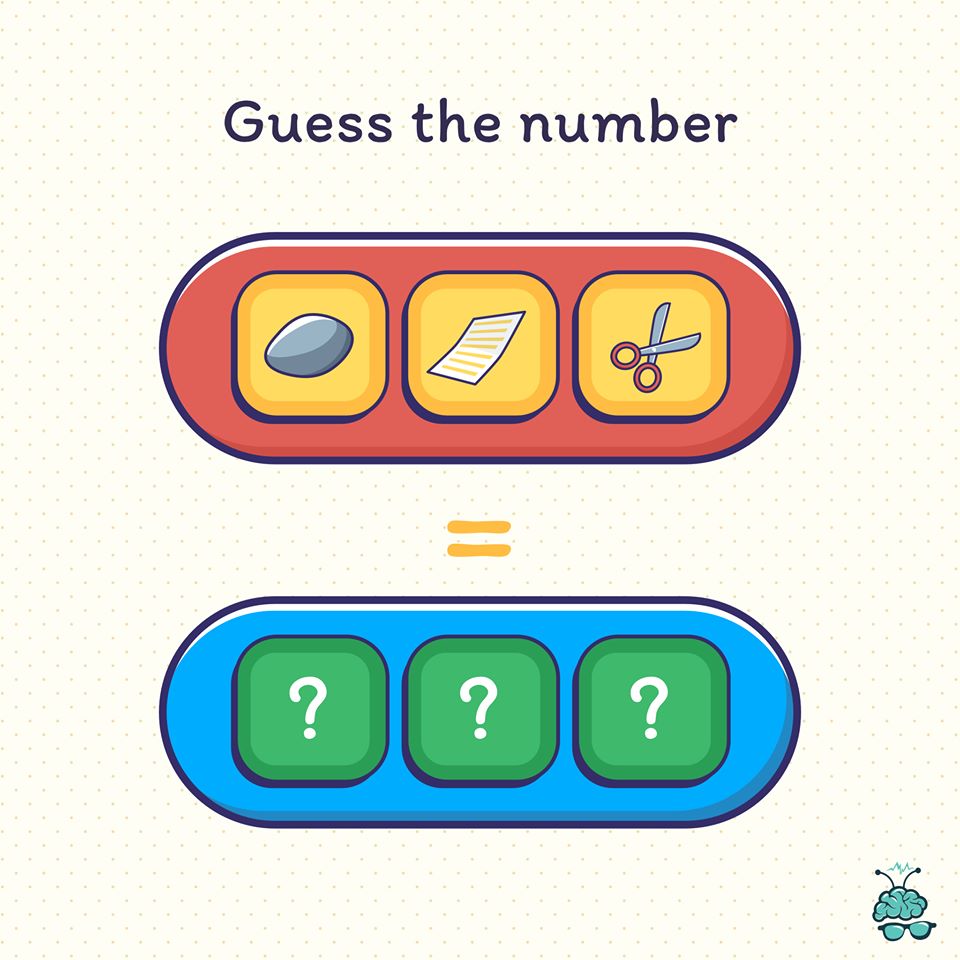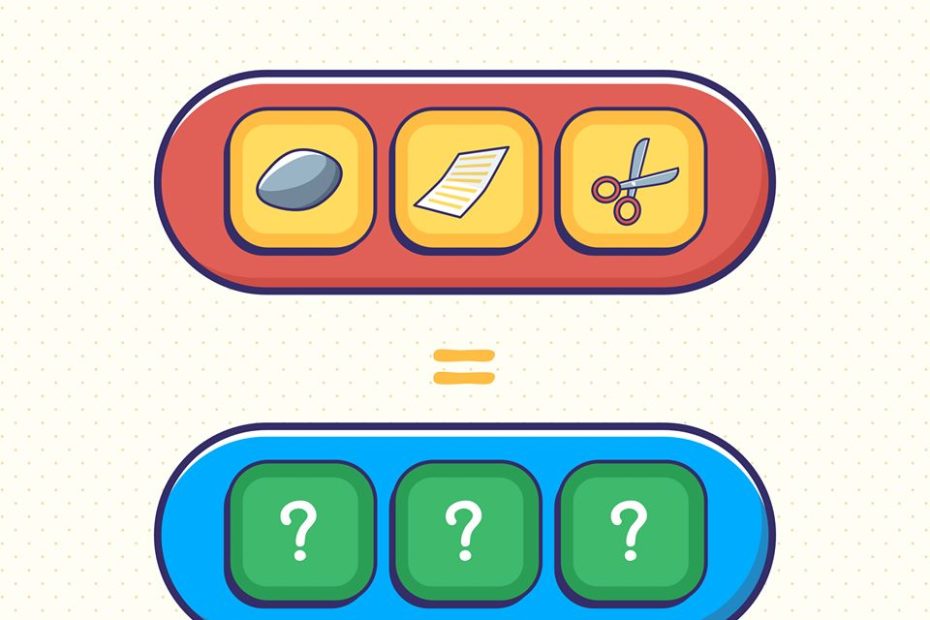In this article, we’ll be discussing engaging and educational brain games for preschoolers. You’ll learn about the importance of these games in promoting cognitive development and how they can help your child build important skills. We’ll also explore different types of brain games and provide examples that you can easily incorporate into your child’s daily routine. By the end of this article, you’ll have a variety of fun and educational activities to engage your preschooler’s brain and support their learning.
Engaging Educational Brain Games for Preschoolers
Engaging educational brain games can play a significant role in the development of young minds. Preschoolers have a natural curiosity and a strong desire to learn new things, and educational brain games can provide them with an interactive and fun way to enhance their cognitive skills, problem-solving abilities, and attention span. In this article, we will explore the benefits of engaging educational brain games for preschoolers, the different types of games available, interactive features to look for, tips on choosing the right games, integration into the preschool curriculum, creating a balanced learning environment, evaluating the effectiveness of these games, parental involvement, and overcoming challenges in implementing educational brain games.
Benefits of Engaging Educational Brain Games in Preschoolers
Enhanced Cognitive Development
Engaging educational brain games stimulate various areas of a child’s brain, leading to improved cognitive development. These games challenge children to think critically, make decisions, and use their problem-solving skills. By engaging in these games, preschoolers can enhance their memory, improve their attention span, and develop their logical reasoning abilities.
Improved Problem-Solving Skills
Educational brain games for preschoolers often involve puzzles, riddles, and challenges that require them to think creatively and find solutions. By engaging in these games, preschoolers can develop their problem-solving skills, learn to think critically, and approach situations with a strategic mindset.
Increased Attention Span
Preschoolers are known for their short attention spans. However, engaging educational brain games can help them improve their focus and concentration. These games often require active participation and continuous engagement, allowing preschoolers to practice and extend their attention span.
Types of Educational Brain Games for Preschoolers
Memory Games
Memory games are excellent for enhancing a child’s cognitive development. These games require preschoolers to remember and recall information, such as matching pairs of cards or identifying objects presented in a specific sequence. Memory games not only sharpen a child’s memory but also help them improve their concentration and attention to detail.
Puzzle Games
Puzzle games challenge preschoolers to solve problems by arranging pieces or finding hidden objects. These games enhance critical thinking, hand-eye coordination, spatial awareness, and logical reasoning skills. Puzzle games can be designed in various formats, including jigsaw puzzles, shape-matching games, and pattern recognition activities.
Number and Math Games
Number and math games introduce basic mathematical concepts in a fun and interactive manner. Preschoolers can learn about numbers, counting, shapes, and measurements through engaging games that involve sorting, matching, and basic calculations. These games not only develop early math skills but also encourage logical thinking and problem-solving abilities.
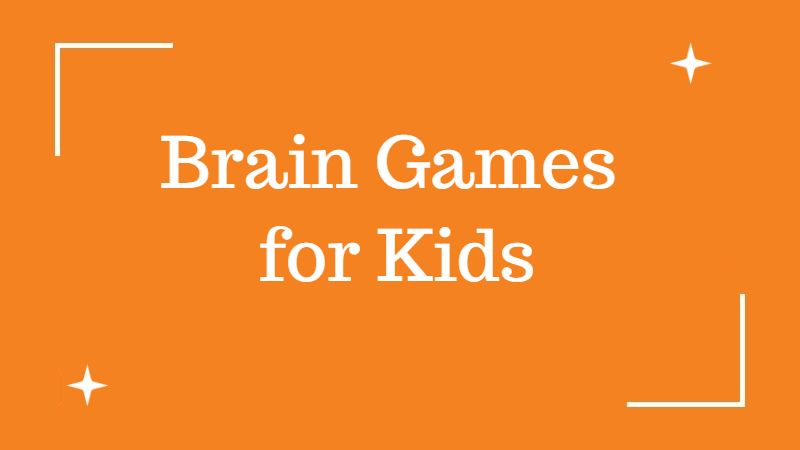
Interactive Features in Educational Brain Games
Engaging Visuals and Graphics
Engaging visuals and graphics play a crucial role in capturing the attention of preschoolers. Colorful and interactive designs make the learning process enjoyable and help children stay focused on the game. Bright colors, appealing characters, and visually stimulating animations can enhance the overall learning experience for preschoolers.
Reward System and Positive Reinforcement
A reward system in educational brain games can motivate preschoolers to actively participate and complete tasks. Adding positive reinforcement elements, such as points, stars, or virtual rewards, can encourage preschoolers to strive for higher performance and improve their skills.
Choosing the Right Educational Brain Games for Preschoolers
When selecting educational brain games for preschoolers, it is essential to consider certain factors to ensure the games are suitable and beneficial for their age and developmental stage.
Age-Appropriate Content
Ensure that the educational brain games you choose are designed specifically for preschoolers. The content should align with their age, cognitive abilities, and learning objectives. Look for games that offer adjustable difficulty levels, allowing the child to progress gradually as they master new skills.
Learning Objectives
Identify the specific learning objectives you want the educational brain games to address. Consider whether you want to focus on cognitive development, math skills, language acquisition, or a combination of these. Look for games that align with your desired learning outcomes.
User-Friendly Interface
Preschoolers may have limited experience with technology, so it is crucial to choose educational brain games with a user-friendly interface. The games should be easy to navigate, with clear instructions and minimal complexity. Intuitive interfaces will allow preschoolers to play independently or with minimal adult intervention.
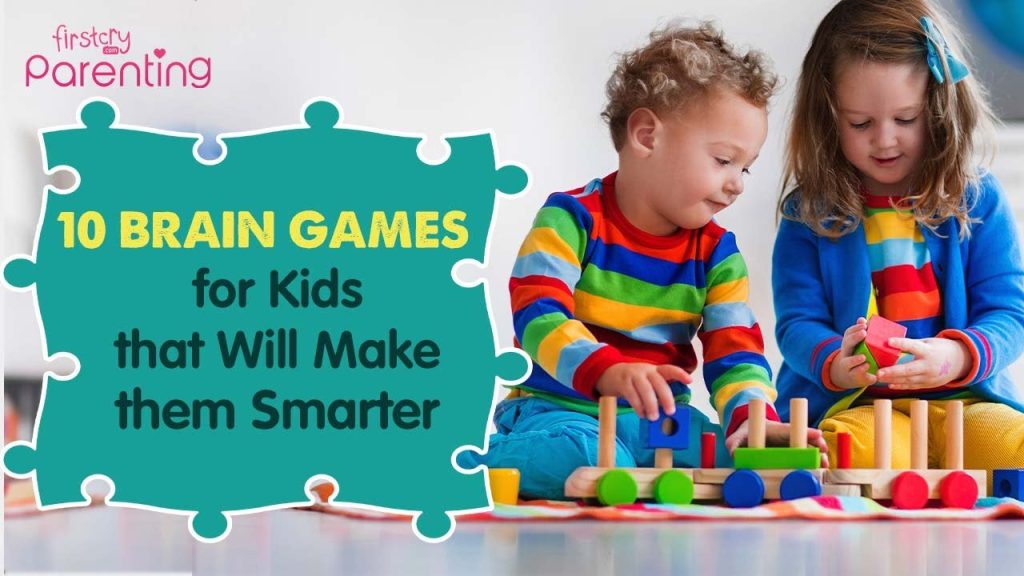
Integration of Educational Brain Games in Preschool Curriculum
Supplementing Traditional Teaching Methods
Educational brain games can be used as a supplemental tool to traditional teaching methods in preschools. These games provide a hands-on learning experience that complements classroom activities and reinforces concepts taught in class. By integrating educational brain games into the curriculum, preschoolers can benefit from a diverse and well-rounded educational experience.
Improving Engagement and Participation
Preschoolers are more likely to be engaged and actively participate in educational brain games compared to traditional learning methods. The interactive nature of these games captures their attention and encourages active involvement. Preschoolers can learn through play, fostering a positive attitude towards learning and enhancing their overall educational experience.
Creating a Balanced Learning Environment with Educational Brain Games
Combining Physical Activities and Gaming
To create a balanced learning environment, it is important to combine educational brain games with physical activities. Preschoolers need opportunities to develop their motor skills, coordination, and social skills through physical play. Balancing screen time with physical play ensures holistic development and maintains a healthy lifestyle.
Limiting Screen Time
While educational brain games can be beneficial, it is essential to set limits on screen time for preschoolers. The American Academy of Pediatrics recommends that children aged 2 to 5 should have no more than one hour of screen time per day. Setting boundaries and incorporating other activities, such as outdoor play, reading, and art, ensures a well-rounded and healthy learning experience.
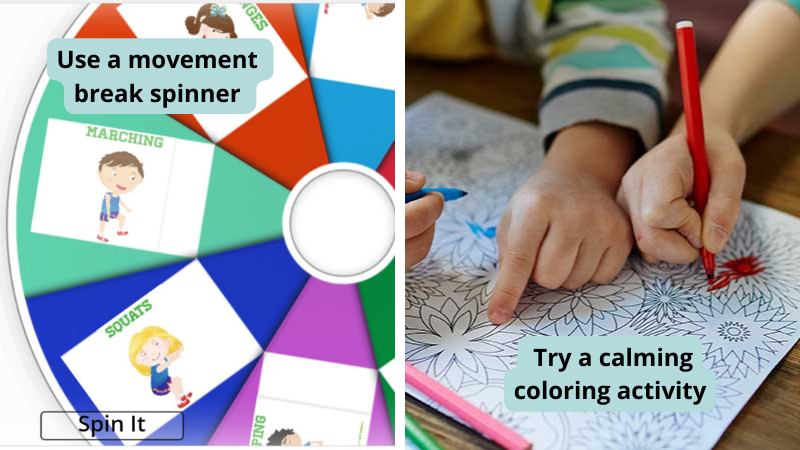
Evaluating the Effectiveness of Educational Brain Games
Monitoring Learning Outcomes
To assess the effectiveness of educational brain games, it is important to monitor the learning outcomes of preschoolers. Look for improvements in their cognitive skills, problem-solving abilities, and attention span. Regular assessments, observations, and feedback from teachers, parents, and caregivers can help measure the impact of these games on a child’s overall development.
Measuring Progress
Keep track of a child’s progress over time to gauge the effectiveness of educational brain games. Monitor their skills development, ability to handle more complex challenges, and improved performance in specific areas. Tracking progress can provide insights into what works best for each child and help identify areas that may require additional attention or support.
Parental Involvement in Encouraging Educational Brain Games
Setting Technology Boundaries
Parents play a crucial role in creating a healthy balance between educational brain games and other activities. Set clear boundaries on screen time and establish rules regarding the use of educational brain games. Encourage a balanced approach by incorporating other forms of learning, such as reading books, engaging in creative activities, and spending time outdoors.
Participating in Game Play
Parents can actively engage with their preschoolers during game play to make the experience more interactive and enjoyable. Sit with your child, ask them questions, and guide them through the game. This involvement creates a bonding opportunity while promoting learning and skill development.
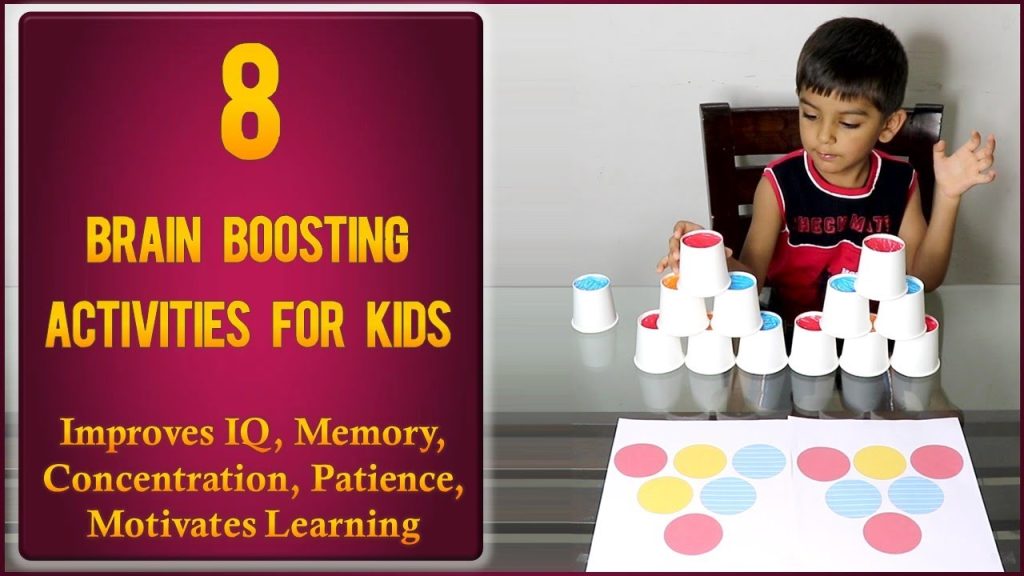
Overcoming Challenges in Implementing Educational Brain Games
Access to Technology
Not all preschools or families have easy access to technology and devices. To overcome this challenge, seek alternative options such as utilizing community resources, sharing devices, or collaborating with other parents or institutions. Consider offline educational brain games that can be played using traditional materials like cards or puzzles.
Continual Updates and Innovation
Technology and educational brain games constantly evolve. It can be challenging to keep up with the latest developments and ensure the games remain relevant and engaging. Stay informed about new educational brain games and updates by regularly researching reputable sources, attending workshops or conferences, and seeking guidance from experts in the field.
Conclusion
In conclusion, engaging educational brain games offer numerous benefits for preschoolers. These games enhance cognitive development, improve problem-solving skills, and increase attention span. Memory games, puzzle games, and number and math games are among the various types of educational brain games available for preschoolers. Interactive features like engaging visuals and graphics, as well as reward systems and positive reinforcement, significantly enhance the learning experience. When selecting educational brain games, consider age-appropriate content, learning objectives, and a user-friendly interface. Integrating these games into the preschool curriculum helps supplement traditional teaching methods, improve engagement and participation, and create a balanced learning environment. Evaluating the effectiveness of educational brain games involves monitoring learning outcomes and measuring progress over time. Parental involvement, through setting technology boundaries and participating in game play, plays a crucial role in encouraging the use of educational brain games. Overcoming challenges such as access to technology and staying updated with advancements in the field ensures the successful implementation of these games. Ultimately, engaging educational brain games can have a positive and lasting impact on the preschoolers’ overall development and foster a love for learning.
